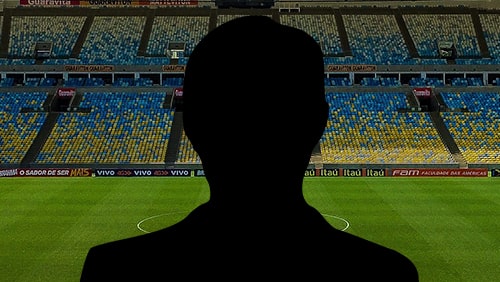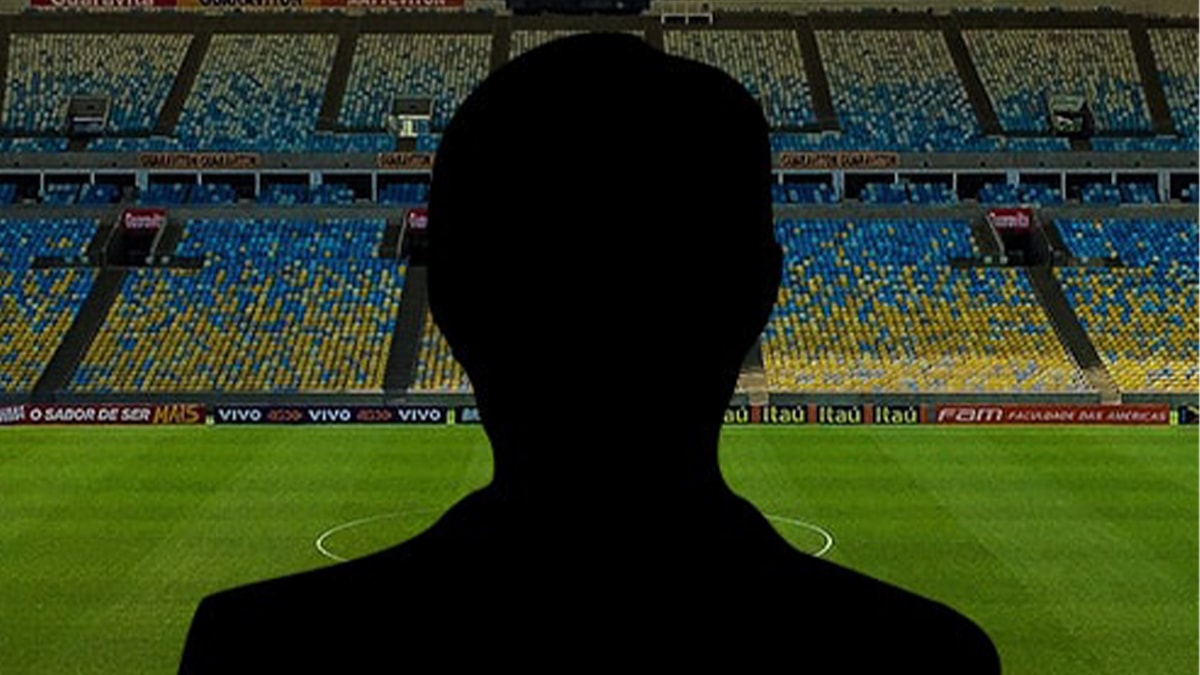This week, it’s Greg Clarke who has paid for saying the wrong thing with his job. Within the game of football, however, it is often the professional footballer whose life is under scrutiny, to a huge degree now compared to years ago. We asked The Secret Coach their opinion on how and what players and those within football say and how much it needs to improve.
 The Secret Coach knows plenty about saying the right thing and in the right way, being a professional football coach in English football… who will remain anonymous. They’ve worked with some of the biggest names in the game, been through the coaching badges and is currently part of the coaching team at an English league side… and that’s all we’re telling you. As ever, this week, The Secret Coach pulls no punches!
The Secret Coach knows plenty about saying the right thing and in the right way, being a professional football coach in English football… who will remain anonymous. They’ve worked with some of the biggest names in the game, been through the coaching badges and is currently part of the coaching team at an English league side… and that’s all we’re telling you. As ever, this week, The Secret Coach pulls no punches!
“Football has evolved so much and is a global business,” says The Secret Coach. “Players and officials are in the spotlight so much more than in years gone by and in positions of responsibility whether they like it or not. With this comes greater scrutiny. This is harder for young stars, being exposed early with success they have from playing the game. Being young, they are making their mistakes the same as we did growing up, but they are doing it in the public eye. With the introduction of camera phones and social media, no-one is safe from prying eyes. Unfortunately, if you want to be in that position you have to make those sacrifices.”
“As a sport, is football doing enough to educate those already earning a living in it?”
Clarke’s comments met with derision by many in and out of football, and TSC was no different, but what is required to change this sort of thing from happening? We constantly hear of education for the youth of today, but what about the generation who already have jobs in the game?
“The comments made [by Clarke] hint at a lack of education, even to those higher up in power at the F.A. We’re all for teaching the children to be socially aware and look into the history of black players, but as a sport is football doing enough to educate those already earning a living in it? “Education is a huge part at all ages as the older generation equality and diversity wasn’t talked about and due to this people got into bad habits. People I know who have never had a racist or sexist bone in their body have used language that today, in football, would get them fired.”
That may be the case, but what is going on at football clubs and the F.A. itself?
“There are education programmes in all clubs, but do they go far enough? Players are being educated but what about their family and circle of friends? Society in general is in need of it. Greg used a poor choose of words and has taken the right steps, but is he a racist? What is the politically correct thing to say? Anything someone says could offend someone and it’s where you draw the line.”
“Players who are icons and role models need to step up.”
Social media is a huge part of players’ lives these days, every player from Gravesend United to Liverpool has Twitter, Facebook and Instagram, including archive tweets for example. Any comments made on social media live forever once captured, so how much of media training at a football these days is about social media?
When it comes to the Black Lives Matter movement, players still take the knee in most games and it’s clear that players of all creeds care about their teammates but should more practical steps be taken to genuinely change the future of football?
“Football is global and can reach so many people, so we need to use it as the mechanism for change. Players who are icons and role models need to step up. The amount of money they get for kicking a ball is phenomenal but with that they need to have greater responsibility.”
How close to real equality can we really be, though, without black managers at the top level?
“I work with and have worked with some great ones and I do feel there is a stigma. The facts don’t lie when it comes to the number of BAME (Black, Asian & Minority Ethnic) coaches in top jobs, but you also cannot give them the job just because the colour of their skin. It still has to be the best person for the job at interview who fits the club’s vision and values. It’s a shame it really is that we have to talk about it when we should be talking about the beautiful game itself.”
How much media training do players in the lower leagues get and does media training water down the entertainment factor in the game in general?
“Media training is key, but there are so many people in the media trying to catch someone out or trip them up for no reason other than printing a story, and in my opinion, that’s wrong. A prime example would be Jamie Vardy – a hero on the front page one day for scoring against the Germans and the next day classed as a villain for allegedly not paying child support.”
The Secret Coach, as ever, makes some truly valid and important points. Will the next F.A. chairman be a BAME chairman? It could be an important step to football realizing the equality that it promises.
The Secret Coach will return next week, exclusively here on Calvin Ayre.






